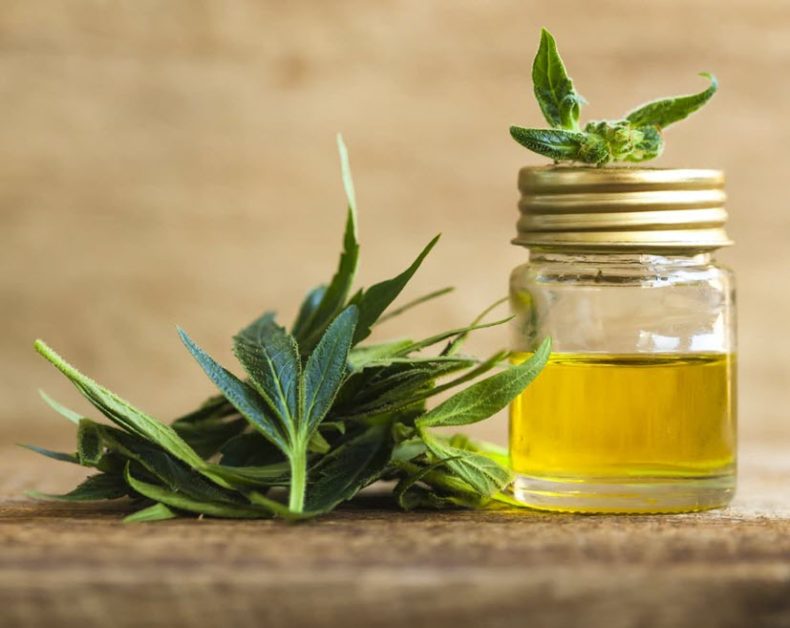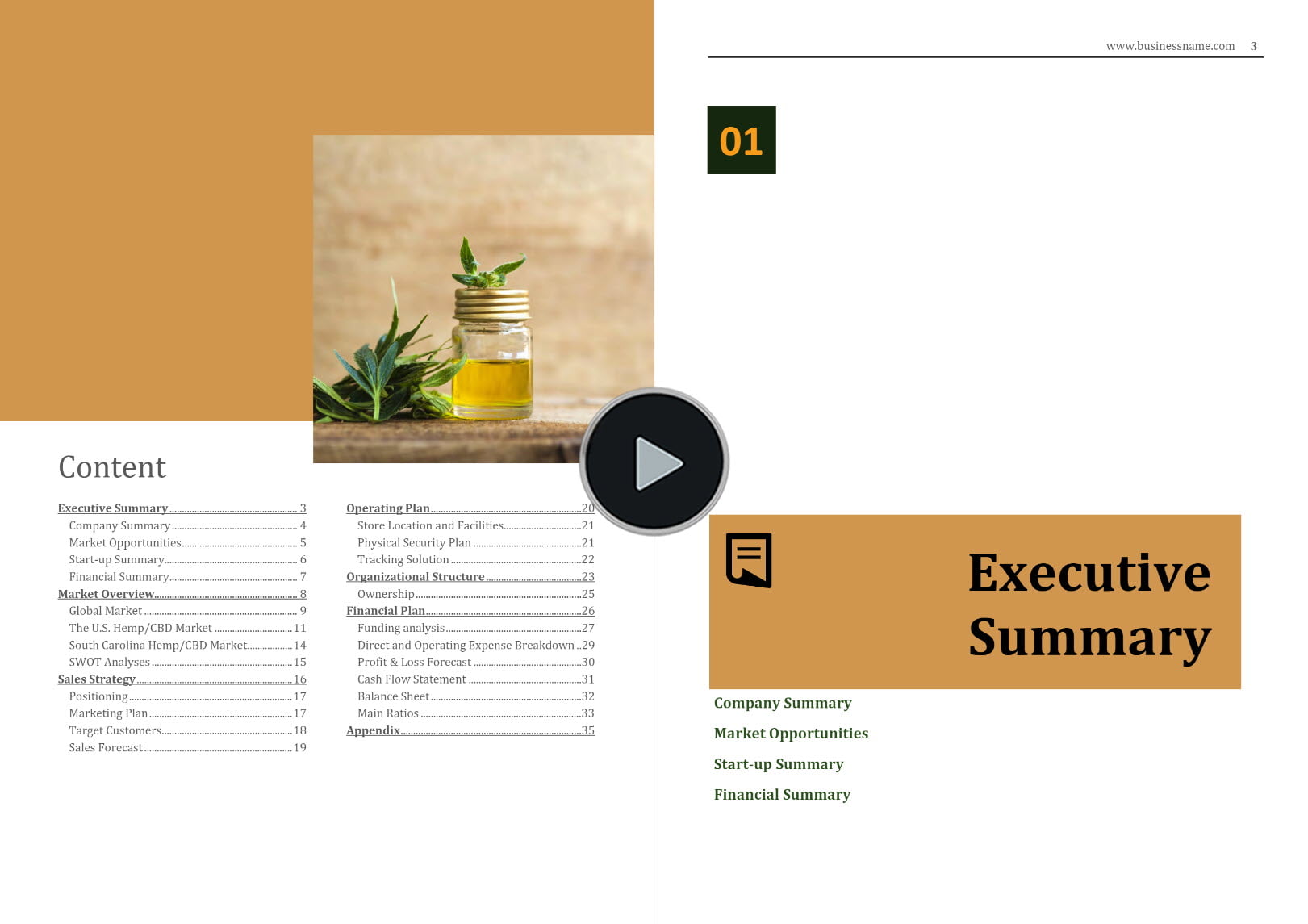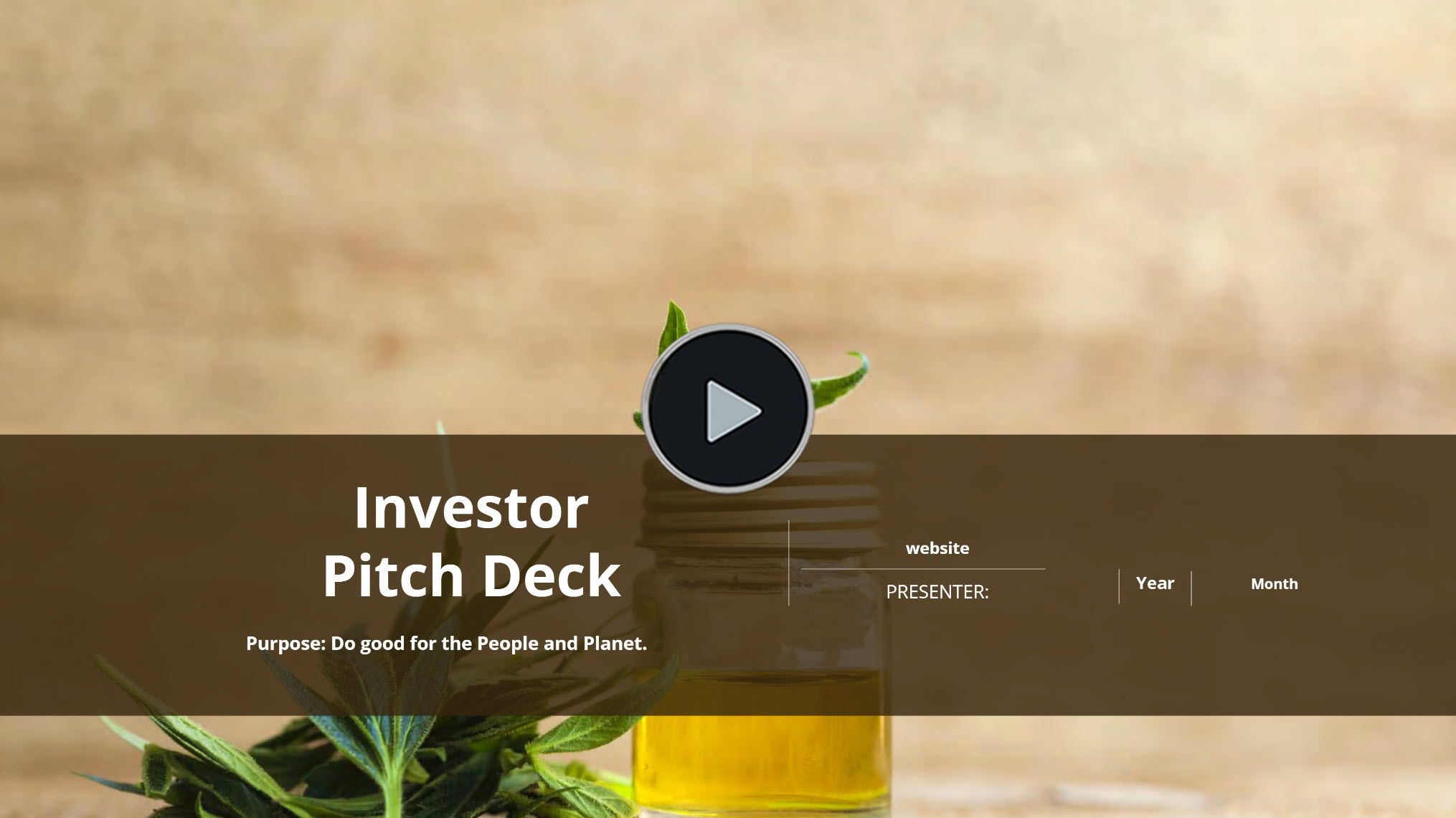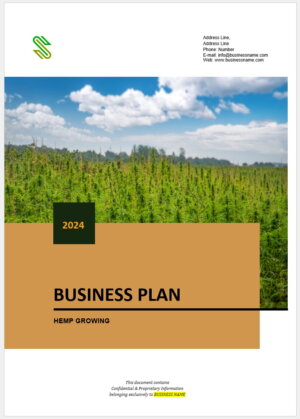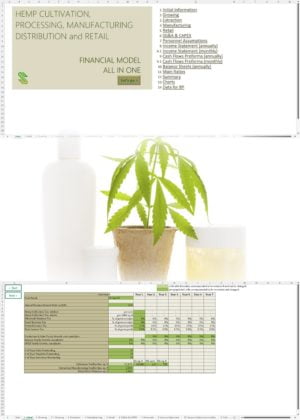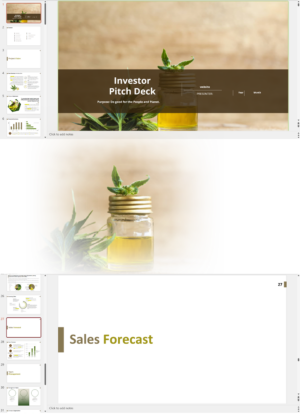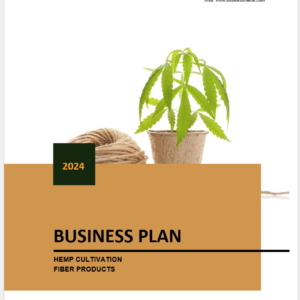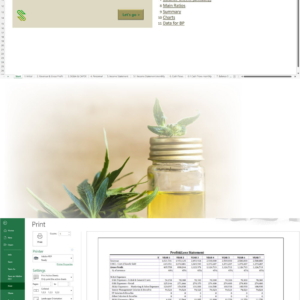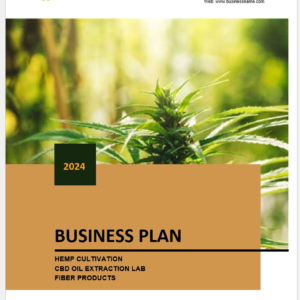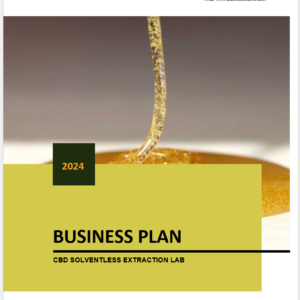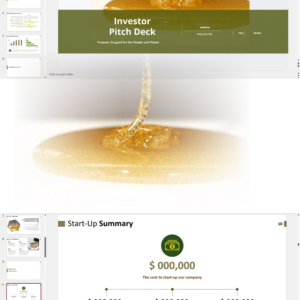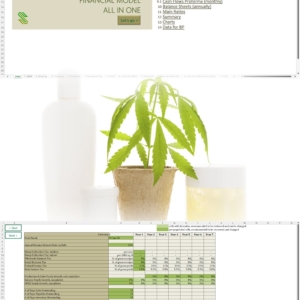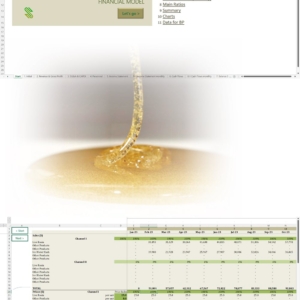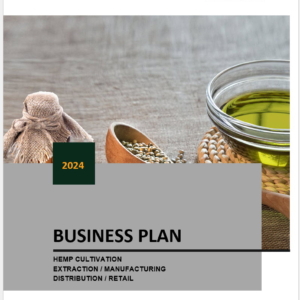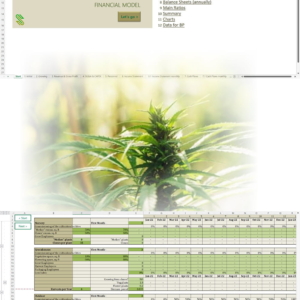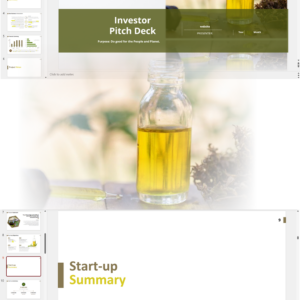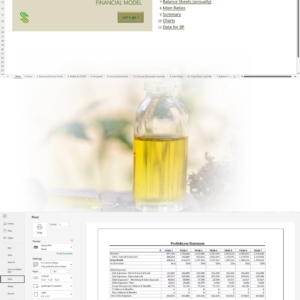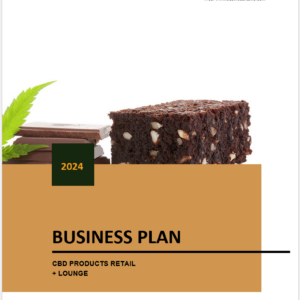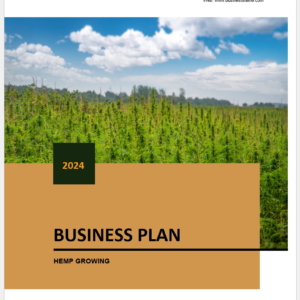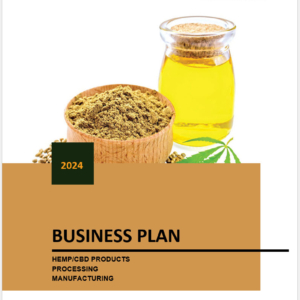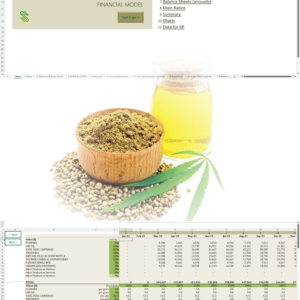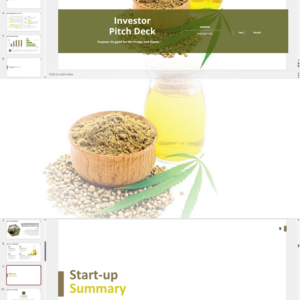CBD Product Trends
According to Nielsen, non-inhalation formats that have already seen significant adoption among consumers who have used these products include topicals, sublinguals and oral sprays (25%), tinctures (25%) and edibles (23%). The growth potential for these products is also high, with 63% of consumers saying they would consider using topicals, 60% expressing interest in edibles, and 55% expressing interest in trying tinctures.
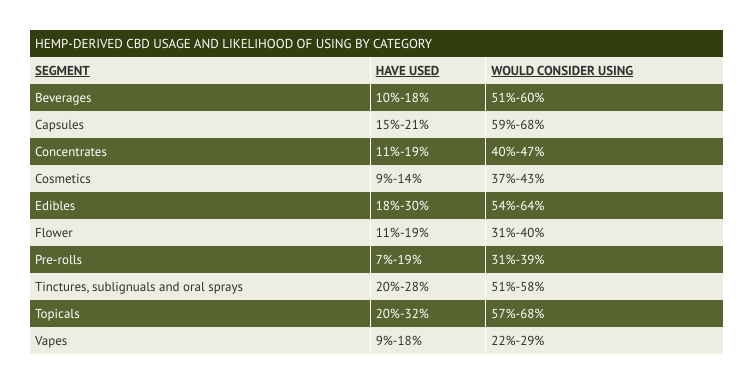
The rate of use of inhalable hemp-based CBD products is less than 15%, but there is potential for greater growth among adults who already smoke tobacco.
Given that consumer adoption of hemp-derived CBD topicals has already reached high levels, it seems logical that hemp-derived CBD cosmetics would be a natural extension of this in the future, but only after CBD cosmetic brand loyalty has been established.
CBD Retail Business Licensing
Generally, you don’t need a license or only need registration to sell hemp-derived CBD products as long as you are not processing hemp into CBD. However, there may be restrictions on what CBD products can be sold. We recommend checking your local laws. CBD retailers sell CBD products through storefront shops and/or delivery. The CBD products retail environment varies by country and state, and if you plan to open your own CBD store, you must comply with the laws of your particular location to know if you need a special permit to sell CBD products. After researching the legal side of the issue, it’s time to think about business. In short, opening a CBD store requires a great location, a high-quality CBD product and a solid team.
CBD Store Startup Costs
Let’s start with startup expenses to estimate the amount of investment that should cover capital and operating expenses until the store’s revenue is sufficient to generate a positive cash flow.
Startup costs for a CBD store can vary widely depending on many factors, including location, premises size, and level of investment. In addition to the costs of purchasing or renting premises for your CBD store, you will need to do renovations, purchase equipment, negotiate with producers and distributors, obtain the required licenses and permits, hire and train staff, set your marketing and advertising budget, etc. According to industry estimates, the average setting up costs for a CBD store is around $400,000-$600,000, but can cost as little as $50,000. A typical modern CBD store layout takes up approximately 2,000 sq. feet, roughly evenly divided between the front area and the prescription area. Our example is a small brick-and-mortar CBD store of approximately 2,500 sq. feet with website and delivery service.
- $20,000 legal and professional fees, insurance
- $50,000 building renting (includes 6 months security deposit)
- $100,000 space improvements including finishing/painting, kitchen, office space, bathrooms, etc.
- $45,000 security system including multiple camera feeds
- $40,000 furniture, display counters, refrigerators, freezers, multiple POS/cash registers, registration computer, commercial label printer, storage hardware and shelving, etc.
- $40,000 inventory, packaging supplies
- $10,000 website design and development, hosting
- $15,000 marketing campaign
- $7,500 computer software
- plus salaries, management and sales personnel
- plus deals, manufacturers and distributors
= approximately $450,000 start-up expenses
CBD Store Ongoing Costs
Ongoing operational expenses will average around $500-$600 per sq. foot and include:
- Cost of Goods Sold (COGS) refers to any cost that goes directly to the products sold by the retailer. COGS typically represents those expenses that are directly attributable to acquiring inventory and delivering it to the point of sale.
- Selling, General & Administrative (SG&A) expenses include all non-direct expenses incurred by a company in any given period, such as rent, utilities, insurance, advertising, marketing, accounting, salaries & benefits, and more.
CBD Store Profitability
Average sales per square foot for a hemp/CBD products pharmacy is about $700-$1,000. Gross profit is a direct measure of a store’s profitability. A higher margin indicates that more of the revenue is retained as profit after covering the cost of acquiring products. For a typical retail independent CBD store, gross retail margins should be at least 40%, which could result in a net profit of approximately 12%.
Revenue = $1,750,000 (100%)
-COGS = $965,583 (55%)
Gross Profit = $784,417 (45%)
-SG&A Expenses = $481,227 (27%)
Operating Income = $303,190 (18%)
Net Income = $207,037 (12%)
Some estimations for hemp growing you can find from our article about hemp growing business.
Hemp/CBD Products Retail Financial Model Sample
Calculate the costs and profits of your CBD store with our pre-populated financial models. All you have to do to get started is enter your monthly sales target and premises size. The model will help you estimate how much it costs to start and operate your own CBD store, plot all income and expense items monthly over a flexible seven-year period, and then summarize the monthly results by quarter and year for easy viewing.
'70% ready to go' business plan templates
We also offer Word document and PowerPoint pitch deck templates for your hemp/CBD retail business.
Hemp/CBD Products FAQs
What is the most popular form of CBD?
CBD oil (hemp oil), sometimes called a CBD tincture, is considered the most popular form of CBD.
What are the main types of CBD?
There are three types of CBD, containing different compounds and concentrations: 1) Full-spectrum CBD includes all parts of the plant and contains less than <0.3% THC; 2) Broad-spectrum CBD includes most of the plant compounds and contains trace amounts of THC; 3) Isolates contain only CBD, without any other cannabinoids or THC.
Should you have any questions, please do not hesitate to contact us.
